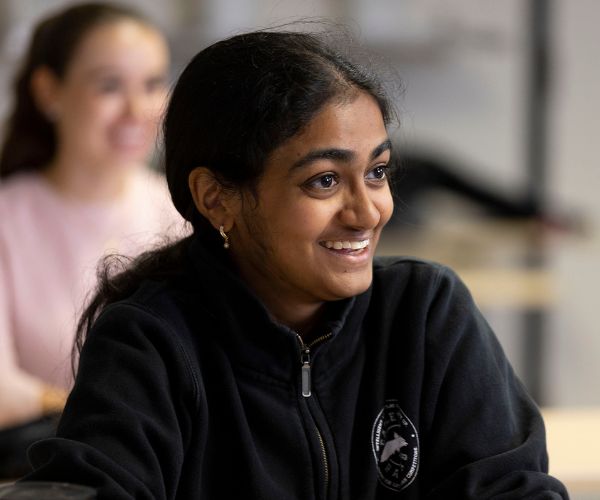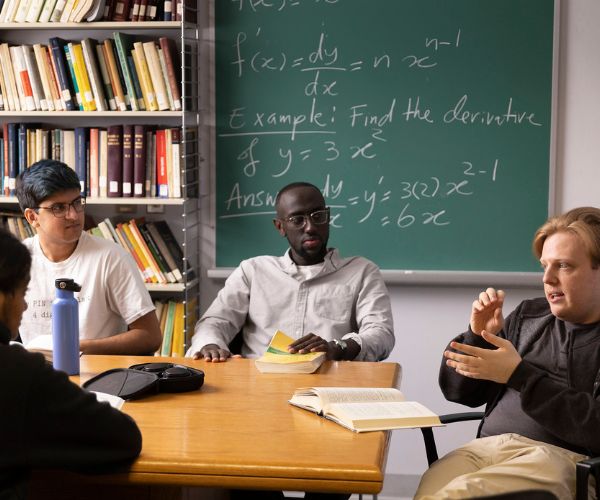Visit Carleton! Book your tour today.
Program Details
Students in the Bachelor of Mathematics (BMath) in Computational and Applied Mathematics and Statistics program will acquire the knowledge and skills needed to pursue careers involving the design of computers and computer networks, as well as the application of computers in solving critical problems in business, government and science. For example, you might find yourself developing new ways to protect information from both improper access and corruption during transmission, helping managers in business and government to allocate resources optimally, or using computer networks to study traffic flow and optimal routing.
Concentrations
Offered as an Honours program, students have the choice of three concentrations:
- Applied Analysis
- Applied Statistics and Probability
- Discrete Mathematics
Work Experience
A Co-op option is available. Co-op is the opportunity to get a head start on a career. Co-op work terms allow for the development of key employability skills, exploration of career options and graduation with tangible, workplace experience.

Get started in Carleton360 to receive tailored information on our programs, student services and community.

Career Outcomes
Explore your passions, refine new skills and discover the career that’s right for you.
The solid mathematical knowledge and skills you acquire at Carleton will give you a competitive edge in a wide variety of careers and prepare you to contribute to the next generation of innovations.
Sample Careers

Sample Courses
COMP 1405 - Introduction to Computer Science I
Introduction to computer science and programming, for computer science students. Topics include: algorithm design; control structures; variables and types; linear collections; functions; debugging and testing. Special attention is given to procedural programming in a modern language, computational thinking skills, and problem decomposition.
STAT 2655 - Introduction to Probability with Applications (Honours)
Probability axioms, basic combinatorial analysis, conditional probability and independence, discrete and continuous random variables, joint and conditional distributions, expectation and moments, probability and moment generating functions, Chebyshev's inequality and weak law of large numbers, central limit theorem, sampling distributions, simulation and applications to descriptive statistics.
Visit the Undergraduate Calendar to view a comprehensive list of course offerings for this program and discover the exciting things Carleton students are learning in the classroom!

